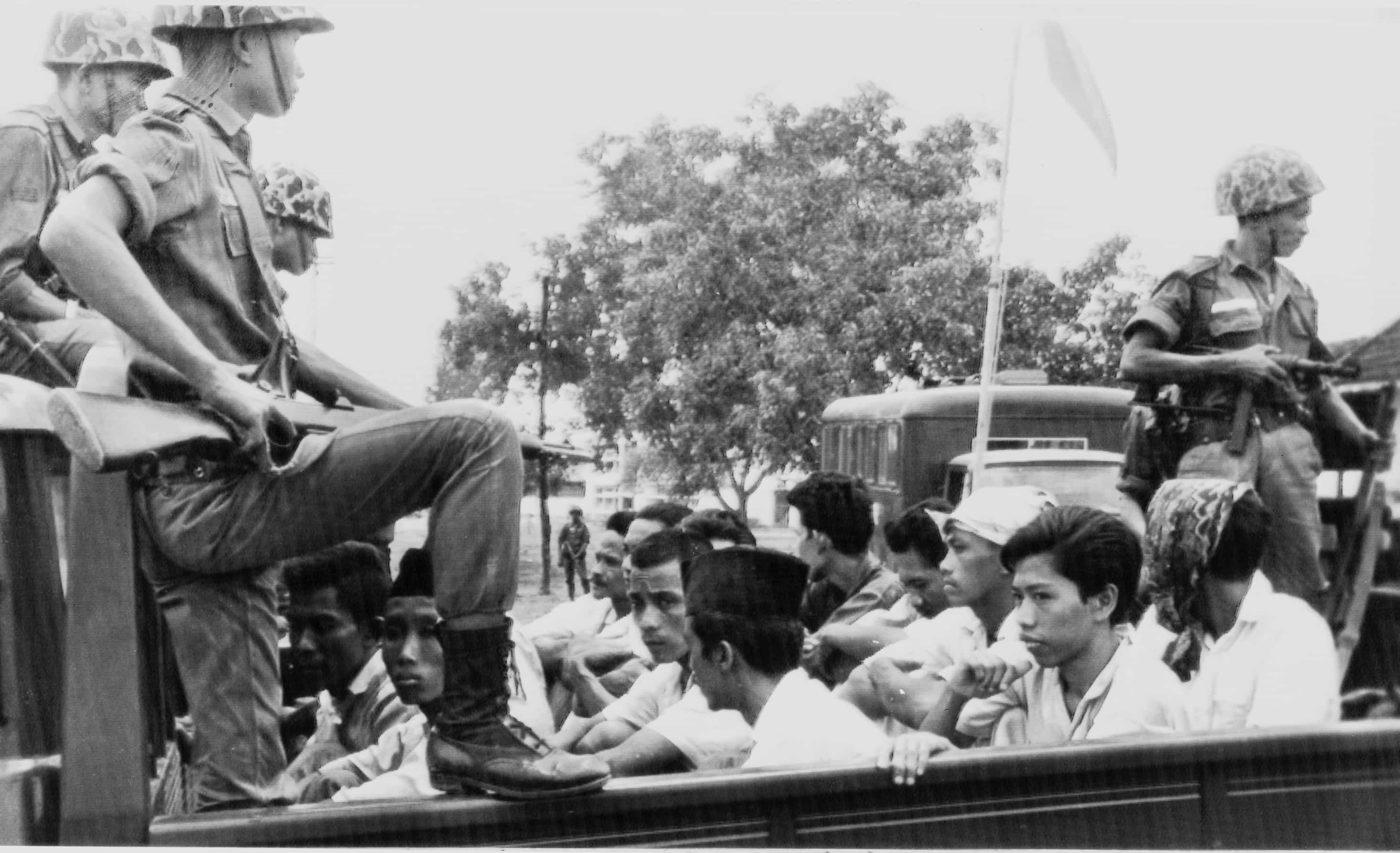
The 50th anniversary of the massacre Indonesians aren’t supposed to talk about
Recent attempts to suppress discussion on the 1965 atrocities show that the topic is still a sensitive one in Indonesia; at the same time, the voices clamouring for a renewed understanding of the country’s national history are growing stronger.
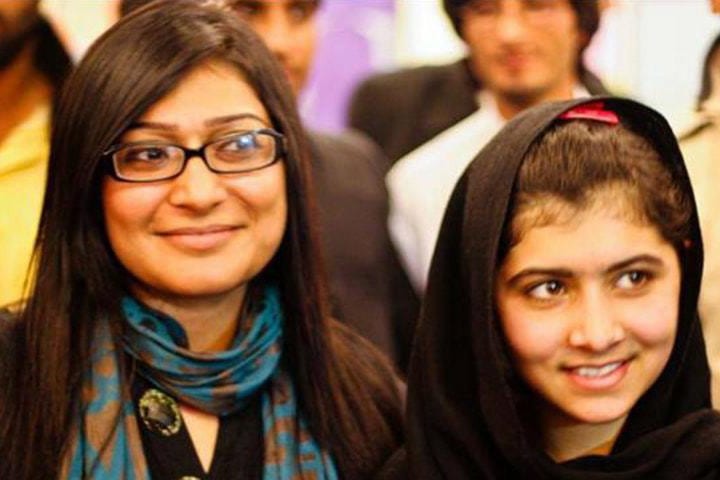
Taking on spies and bullies in Pakistan
How one Pakistani woman is helping keep politicians honest, young women’s online voices safe and the country’s infamous intelligence agencies more transparent.
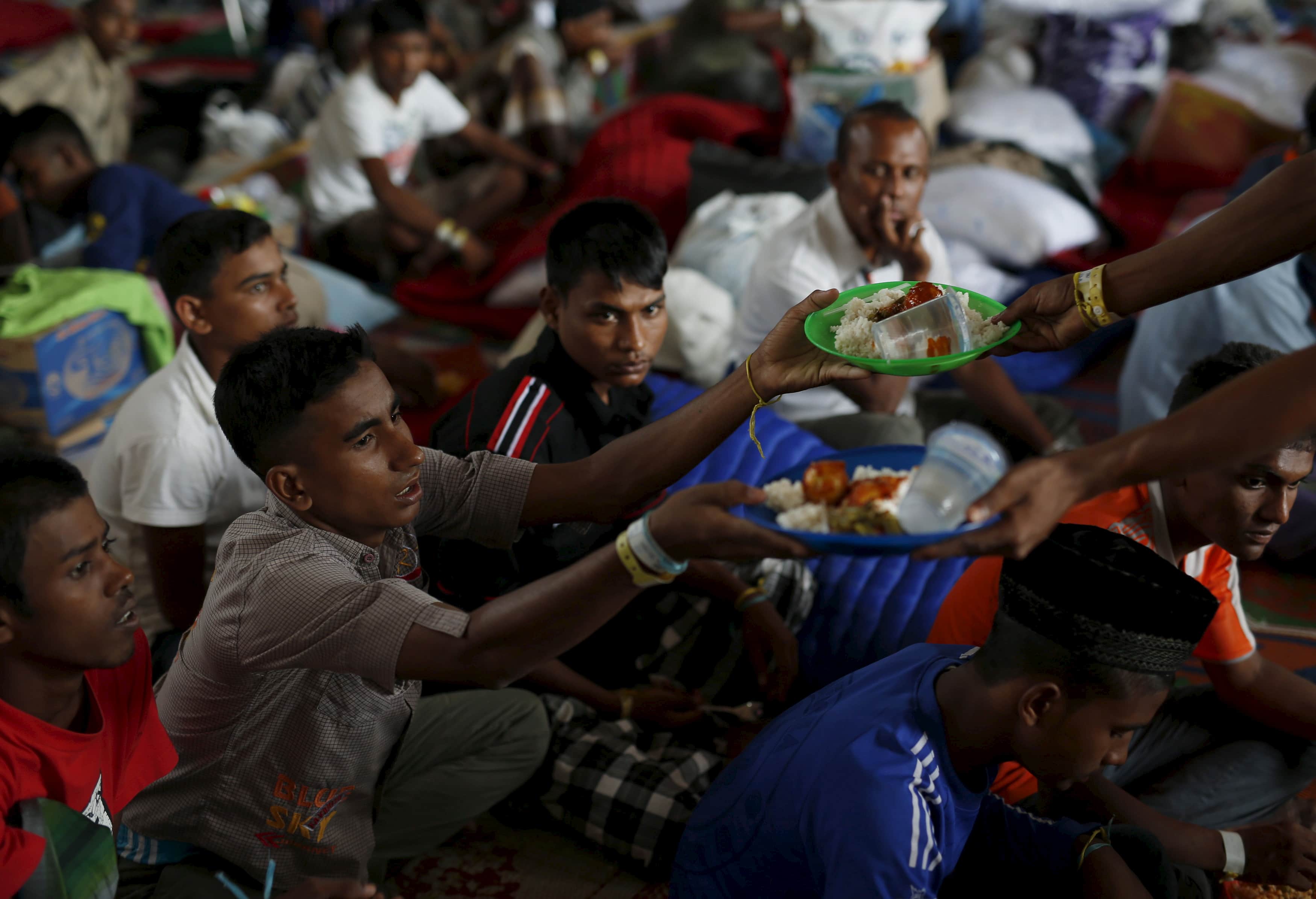
Threats, attacks, jail: what’s coming between us and the Rohingya story
While images of the suffering of Rohingya migrants circulated around the world, local journalists and politicians have faced restrictions in trying to report on and speak out on the issue.

Reflections on a whistleblower: Two years after Snowden
Two years ago the first of Edward Snowden’s revelations about US government surveillance rocked the world. This has not just changed his life dramatically but has brought freedom of expression to the fore and ignited a global conversation on surveillance and human rights.
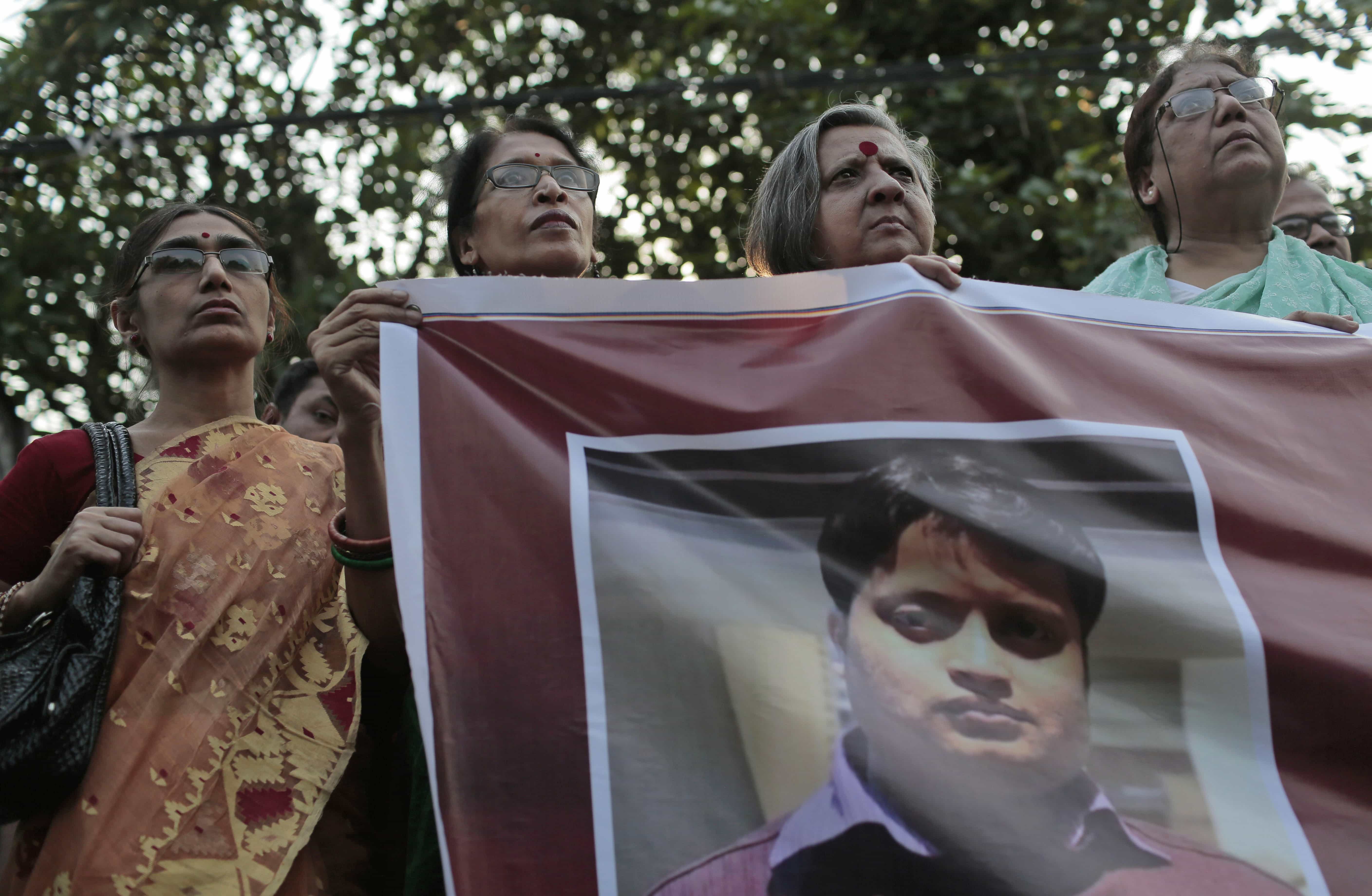
Another secular blogger killed; another voice of tolerance silenced
Three secular bloggers have been killed in Bangladesh in three months. All three criticised religious fundamentalism, defended freedom of expression and thought, and promoted tolerance.
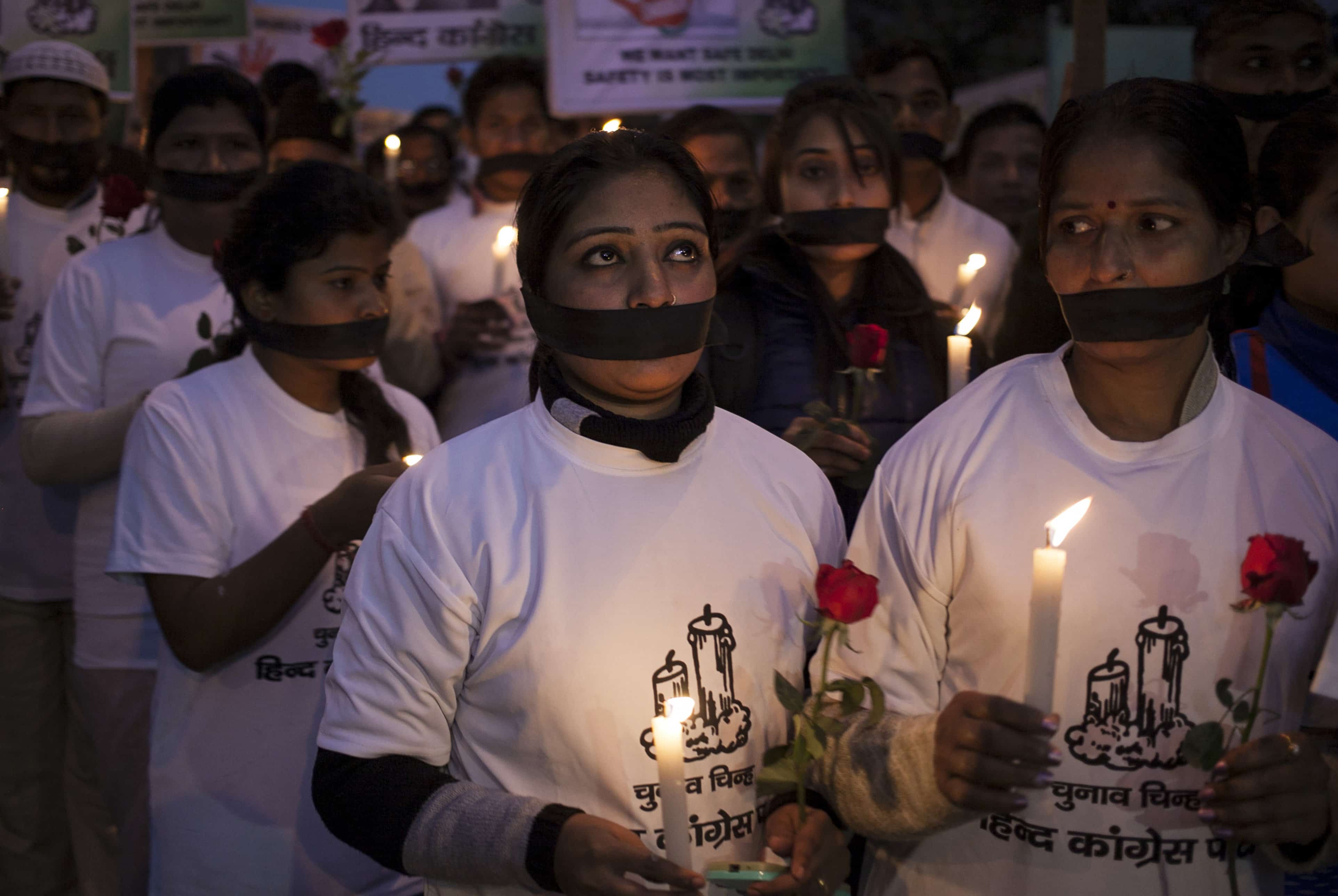
A documentary banned in India, but conversation about women’s safety continues
The banning of the documentary “India’s Daughter” is seen as another example of the chilling climate of censorship in the country. Nevertheless, if the filmmakers wanted to inspire a conversation about rape and attitudes about women, the ban may have inadvertently aided their cause.
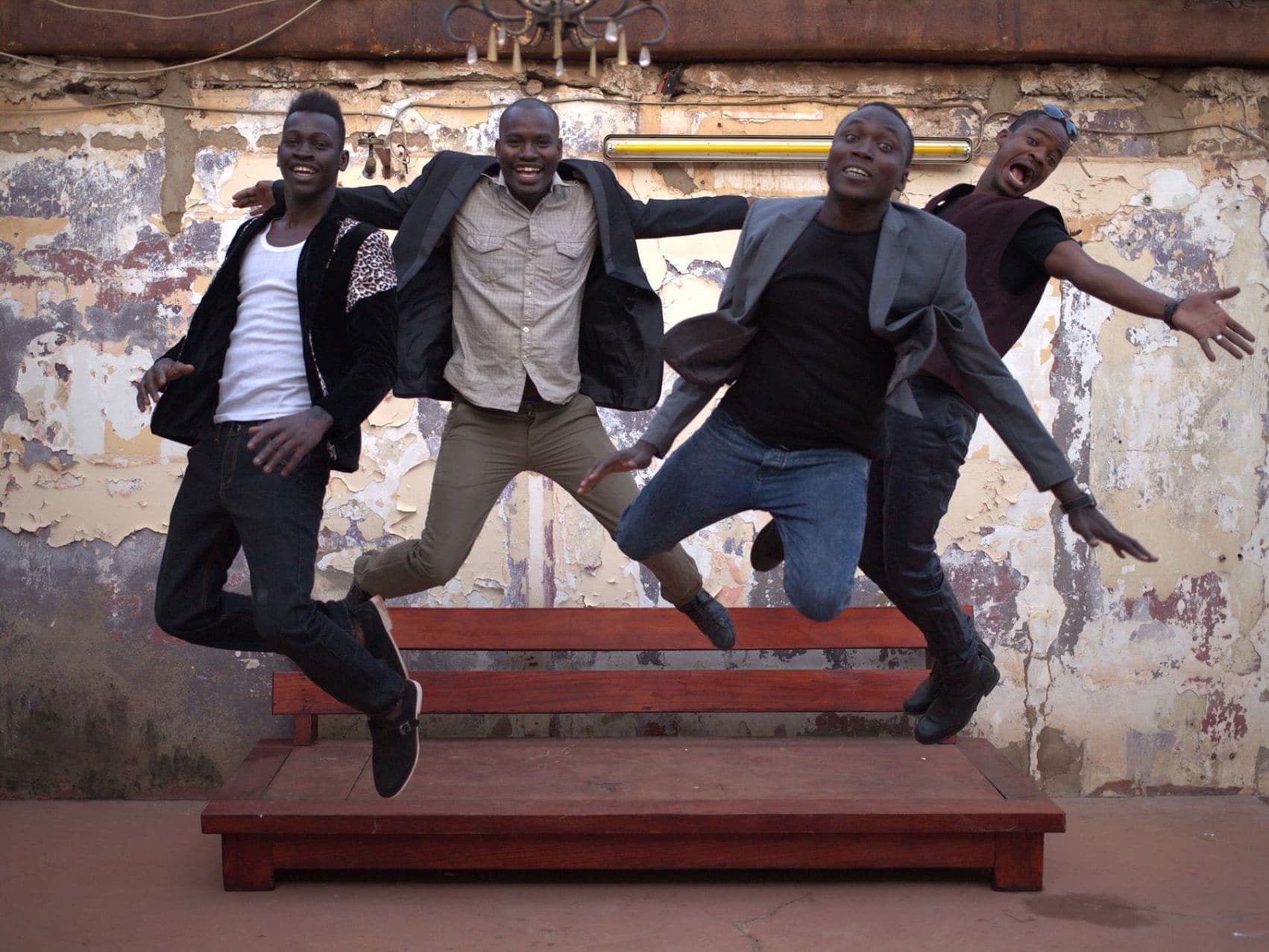
Why these censors can’t stop the music
How musicians in four different countries are finding surprising ways to defeat the censors and keep the beat going.
![With a budget allocation of $10.3 billion, the NRO is the third-largest U.S. intelligence agency. Its headquarters are in Chantilly, Virginia, By Trevor Paglen (Own work) [CC0], via Wikimedia Commons](https://ifex.org/wp-content/uploads/2019/03/international_nro_trevor_paglen2.jpg)
Making the invisible visible: An artist brings the surveillance state out of the shadows
What does a surveillance state look like? That is the question photographer and “experimental geographer” Trevor Paglen tries to address in his recent projects.
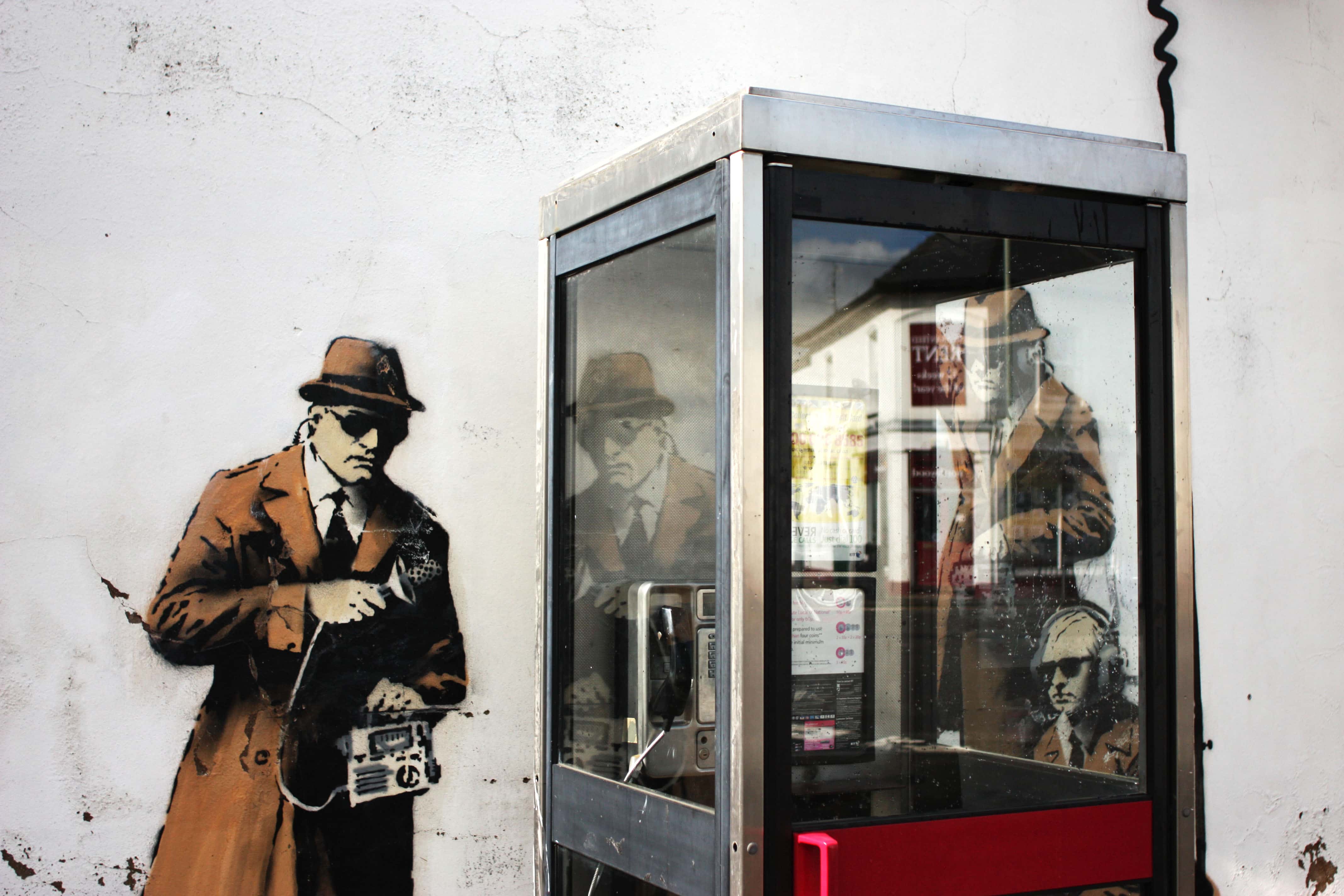
A victory against GCHQ, but the fight against mass surveillance continues
The 6 February 2015 decision marked the first time in its 15-year history that the only UK court empowered to oversee GHCQ, MI5 and MI6 has ruled against the intelligence and security services.
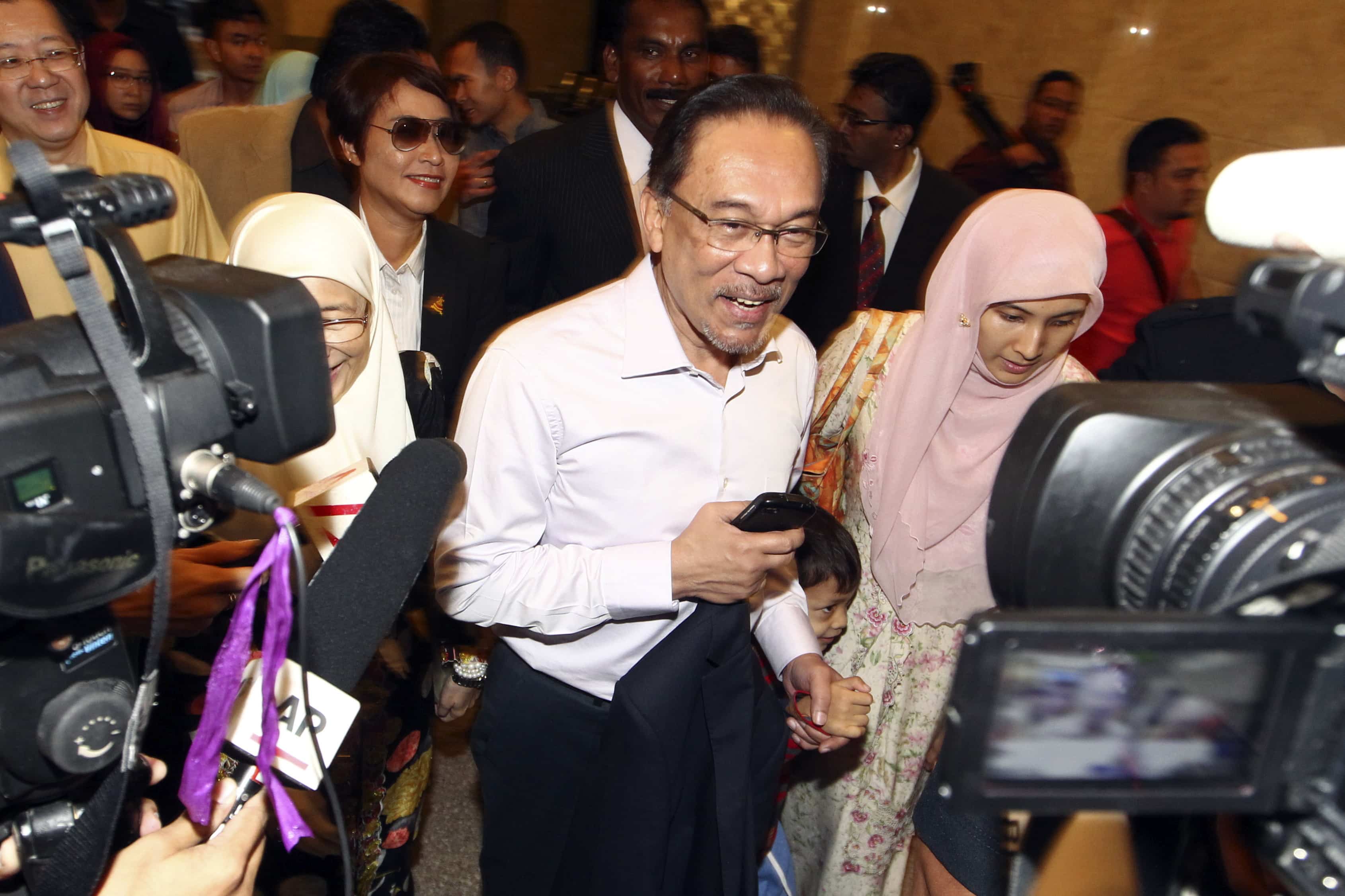
Cartoonist Zunar arrested in crackdown on dissent following politician’s trial
A concerted effort to control the discussion “However the Federal Court decided, discussion regarding the Anwar case and the independence of the judiciary would have been inevitable, given the strong interest in the case . . . Shutting down such discussions and questions is not the way to move forward from here. If the police […]
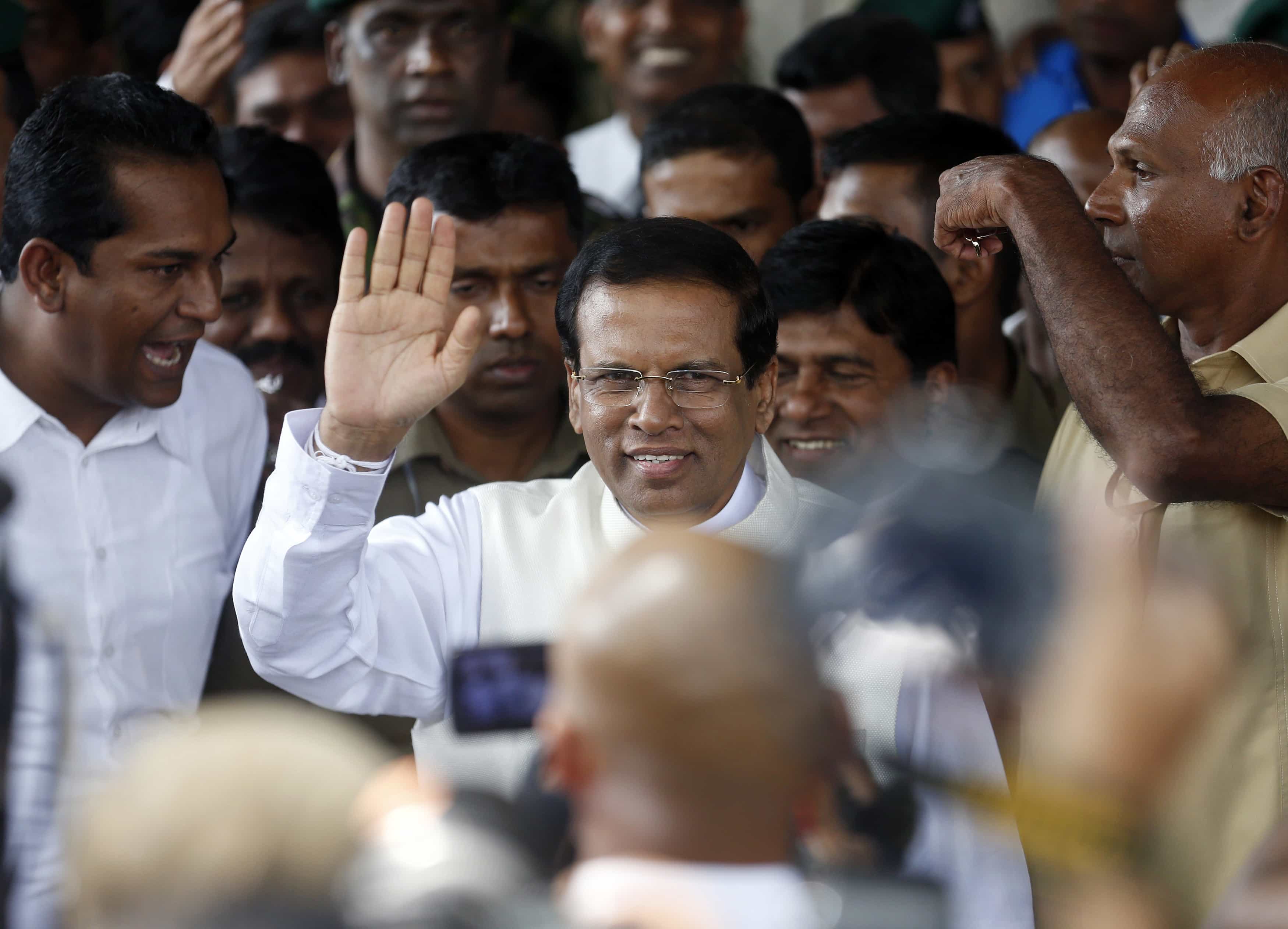
A welcome change for press freedom in Sri Lanka?
Elections on 8 January put an end to Mahinda Rajapaksa’s rule in Sri Lanka, which had been criticised for its increasing authoritarianism and a repressive media environment.
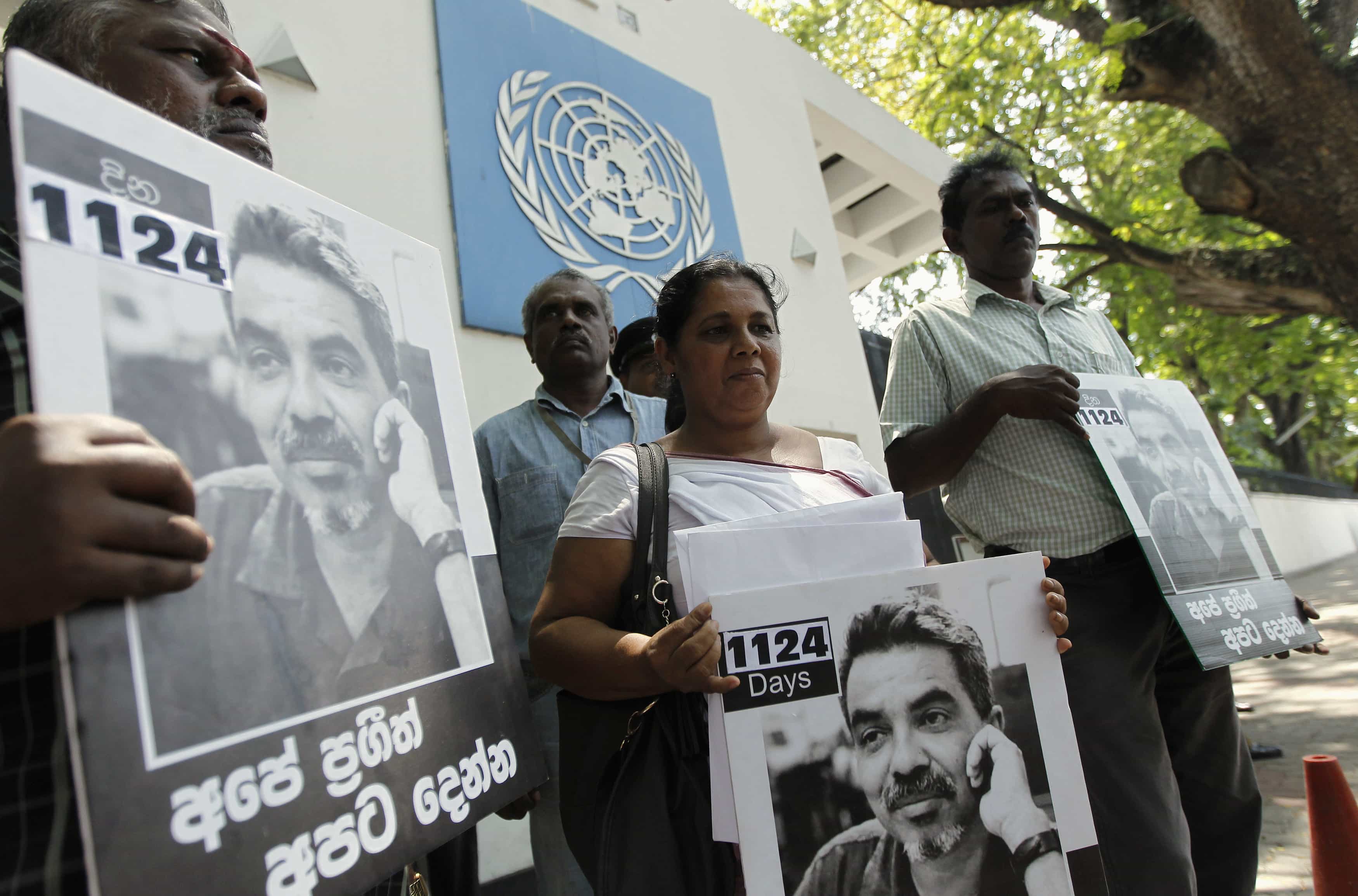
Four responses to the problem of impunity in Asia
No investigation. No punishment. In Sri Lanka, Cambodia and Pakistan, impunity is the norm. And in neighbouring Afghanistan, the government’s vow to address journalists’ safety is still to be tested.
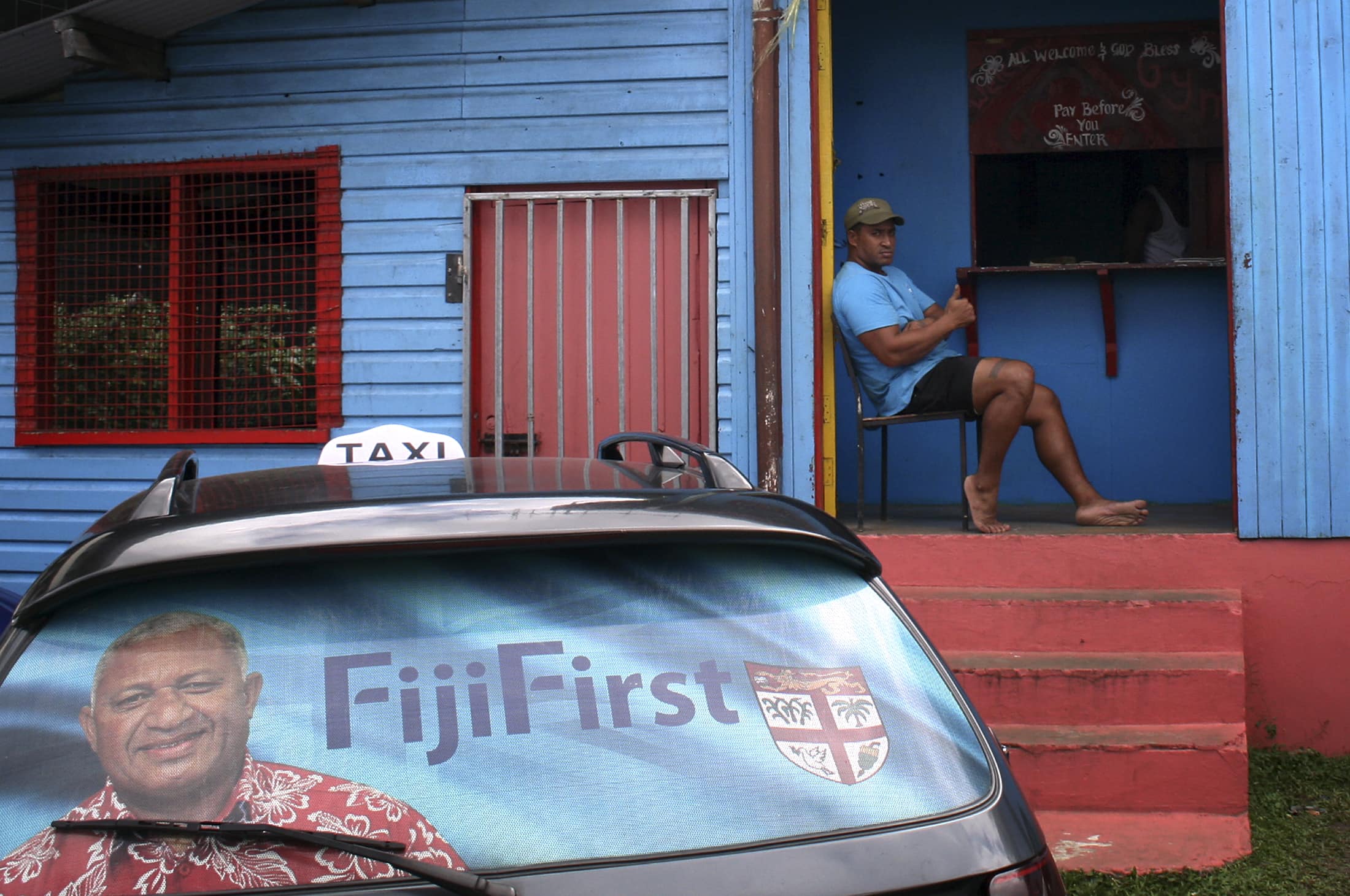
Fiji’s historic election: What hope for human rights?
IFEX members express concerns about the political environment in Fiji as the country holds its first election after nearly eight years of military rule.
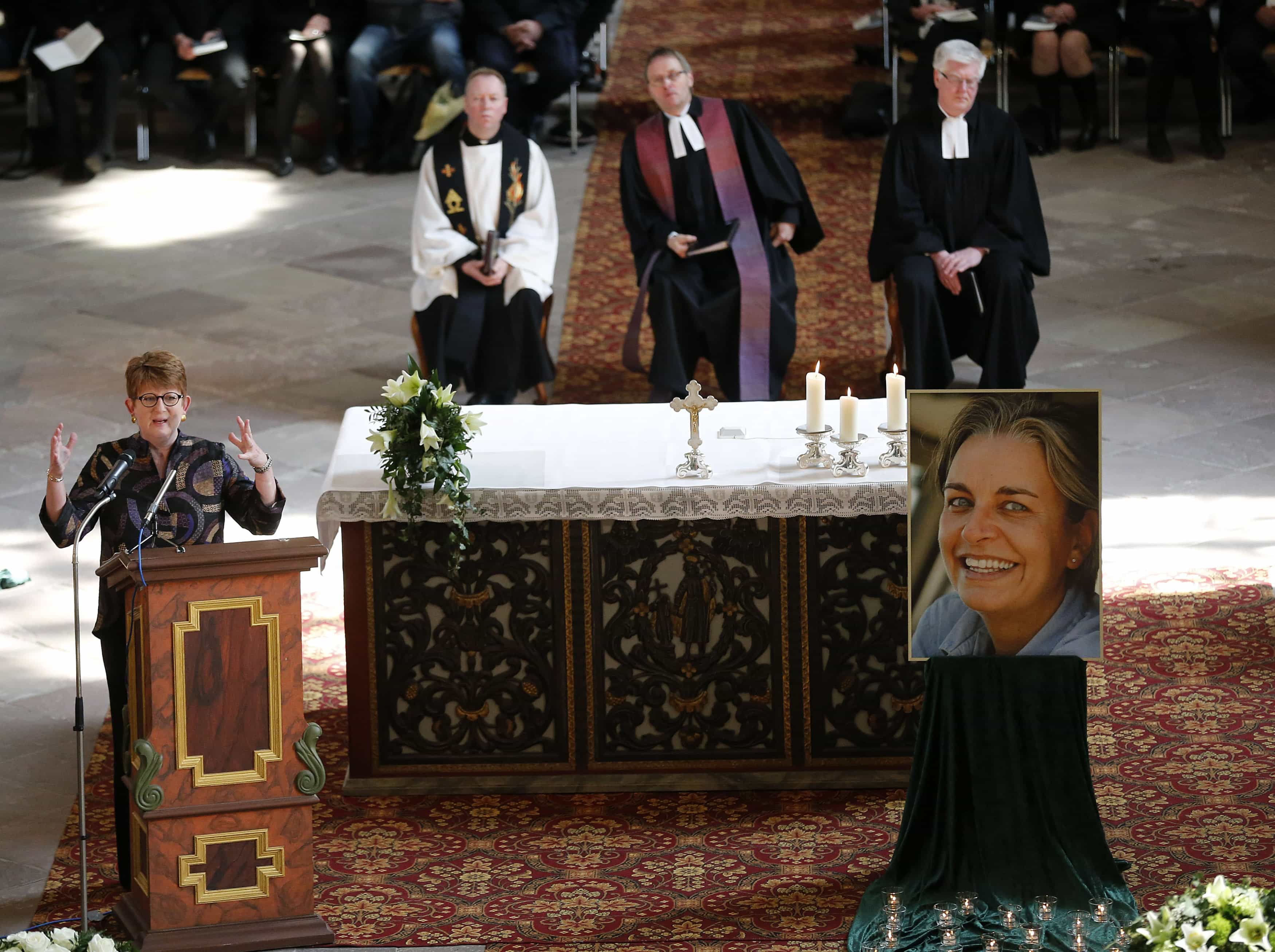
Conviction in attack that killed photographer Anja Niedringhaus and injured correspondent Kathy Gannon
In what is cautiously being seen as a step forward in the fight against impunity in Afghanistan, an Afghan police officer has been found guilty in the death of AP photographer Anja Niedringhaus and the wounding of AP correspondent Kathy Gannon.